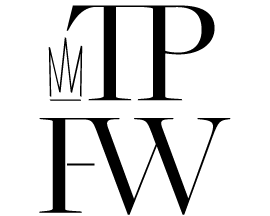Tate DruckerPhotojournalistMozambique, AfricaPhotos by Nicole Green & Tate DruckerStory by Lauri Levenfeld
|
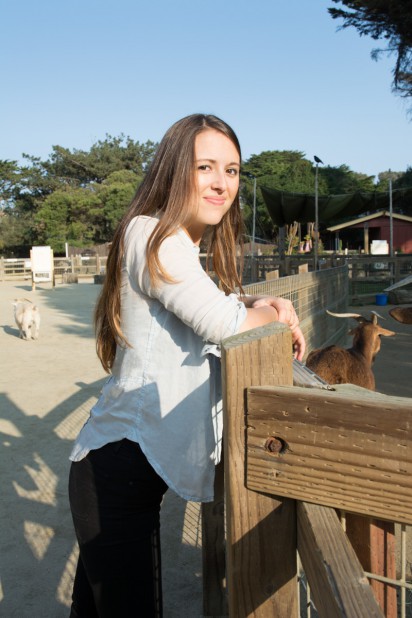 |
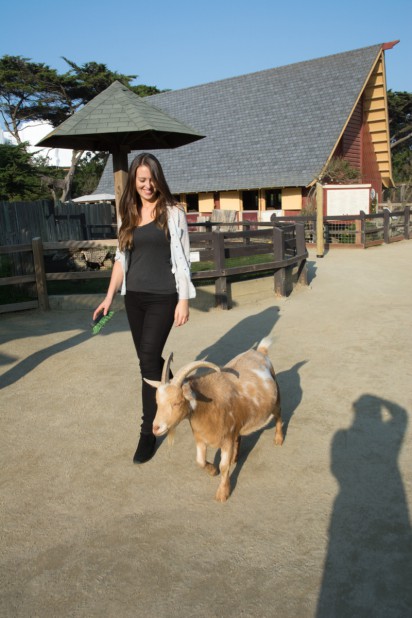 |
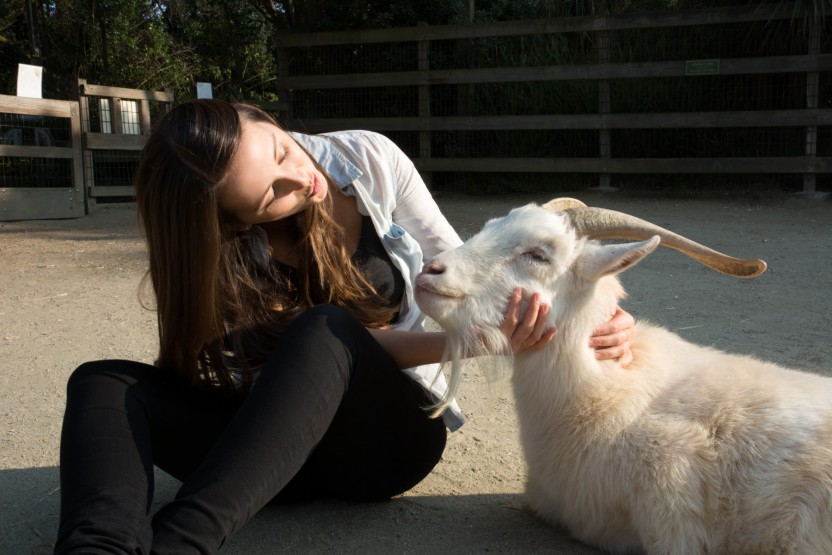 |
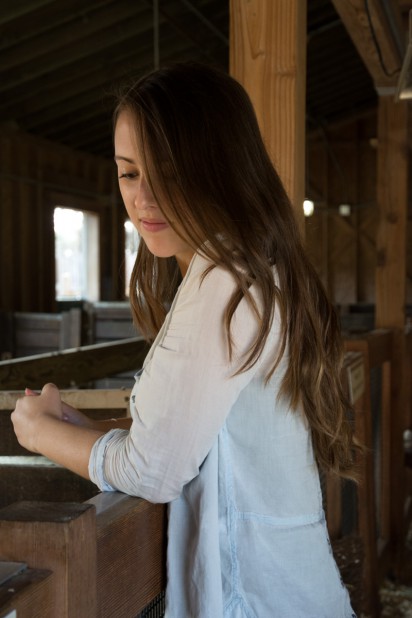 |
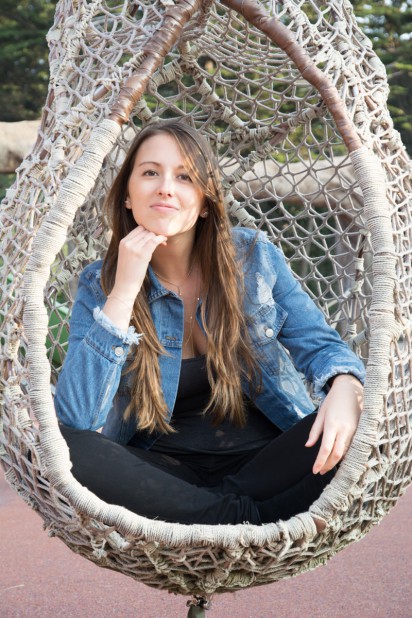 |
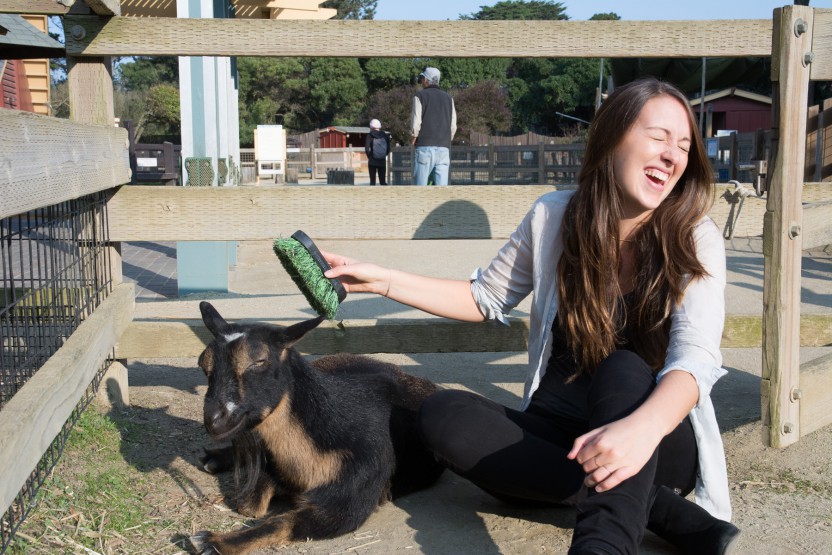 |
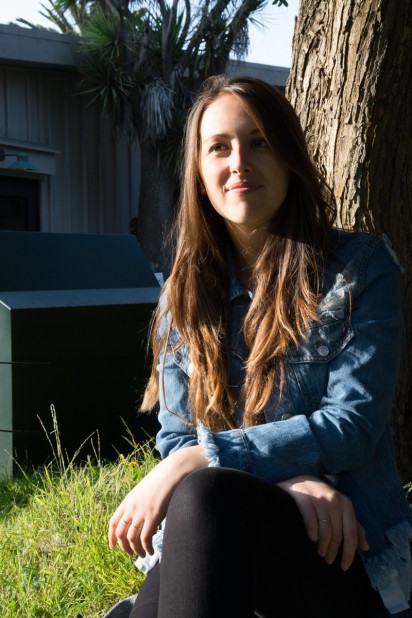 |
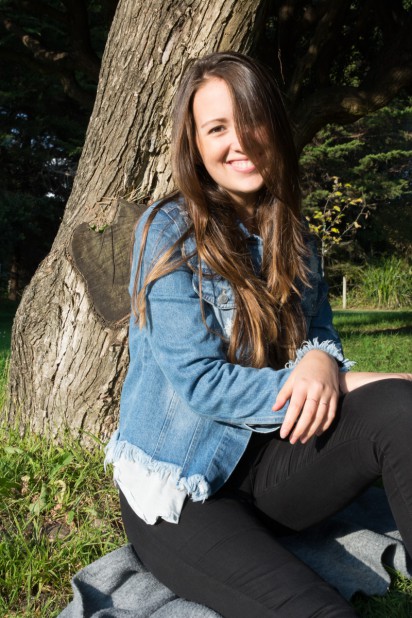 |
|
1. Who are you? What were you like as a child? My name is Tate Drucker, and I’m a photojournalist. I’m also a daughter, a sister, a traveler, an author, and a proponent for environmental and wildlife conservation. As a child, I was the girl who wore a Godzilla costume to a Disney princess party; the girl who designed messy blueprints in her school notebooks to build her own animal rescue center in her backyard; and the girl who spent two summers at a farm camp in upstate New York spending countless weekend mornings and days after school mucking stalls and grooming horses at a horse stable on the other side of town. I was definitely energetic and creative, though pretty much always getting too ahead of myself! But that’s how a kid should be, I think.
2. What is it about being a photojournalist that calls you to action? I’ve always felt that visual storytelling is one of the most powerful tools there is to bring attention to issues that would otherwise be swept under the rug. I was always drawn to the power of photojournalism and the ripple effect a single image can have in order to enact change or bring attention to a certain subject or issue. There was always something captivating and inspiring about that concept to me, and it was spurred by consistently seeing average people start to care about certain subjects — such as poaching, water pollution, or illegal wildlife trades — because images had the power to stir up compassion and empathy, which can bring about real change. That’s the real reason why I do this and what I hope to gain. If my work can bring about any kind of positive change in this world, then I’ll feel like I’ve accomplished what I’ve set out to do.
|
3. When did your passion for photography begin? What inspired you to become the photographer that you are today? All it took was picking up the first camera I ever held, which was one of those disposable 30-photo film cameras you can get from any drugstore or Walmart. You know the kind. I was pretty much immediately drawn to the idea of being able to capture a single moment with the click of a button, as well as being able to hold these moments tangibly on a little 4×6 print. This eventually lead to me getting my very first DSLR, and as a horse-crazy kid, I started going to local horse shows to shoot and sell photos in order to practice my photography and save up for my next lens. Looking back, this is probably where my real passion of photographing animals came from. However, it wasn’t until a high school photography workshop in Tanzania that I was introduced to the idea of travel and photography combined; or more specifically, being able to tell the story of a place through images. Within six months of that trip, which was a real turning point for me, I left traditional high school to travel the world, study abroad, shooting and funding it through odd jobs and my photography along the way… which, in a nutshell, lead to where I am today.
4. What inspired you to begin photographing animals and what have they taught you? I don’t think I have a special connection to them, necessarily, but I do empathize with the fact that they’re voiceless and are oftentimes victims in a developing world. Just like how photojournalism can bring about change for global and human rights issues, I believe that time spent documenting issues and conflict surrounding wildlife can do the same. It’s also pretty much impossible to spend time photographing conflict around wildlife and not see how closely tied they can be to issues that humans are facing. It’s hard to have selective empathy, if that makes any sense. |
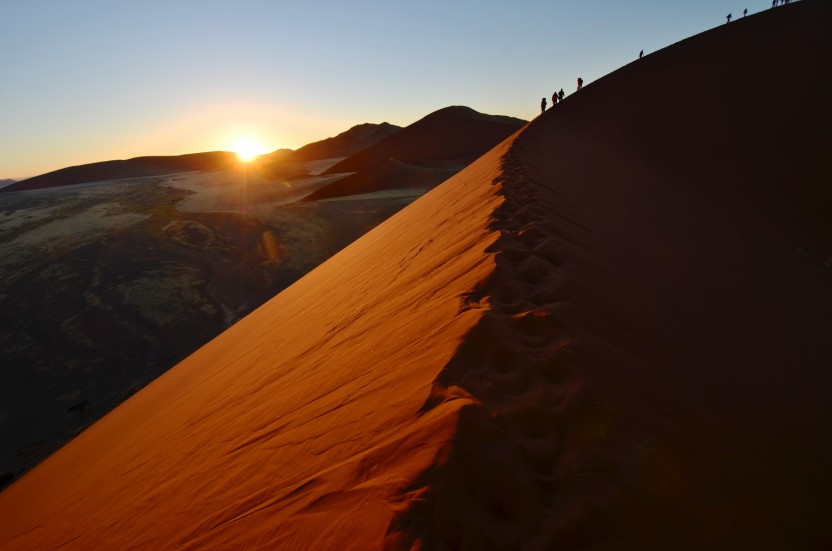 |
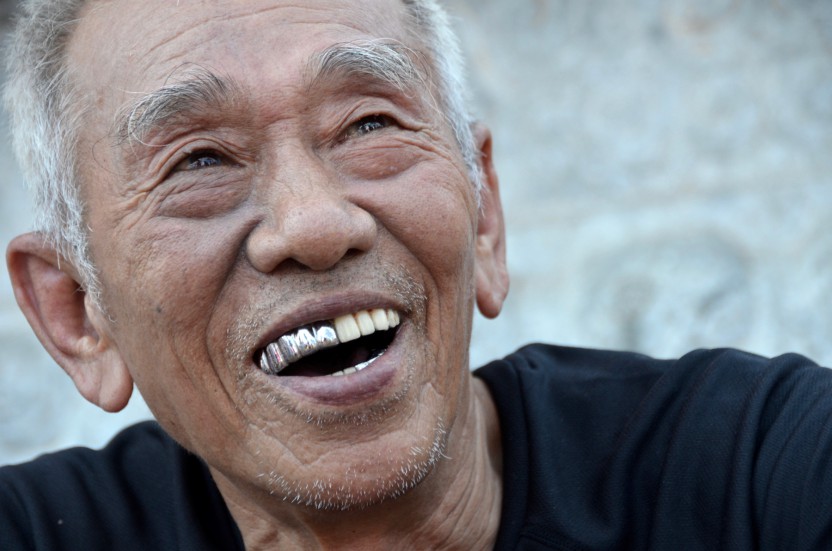 |
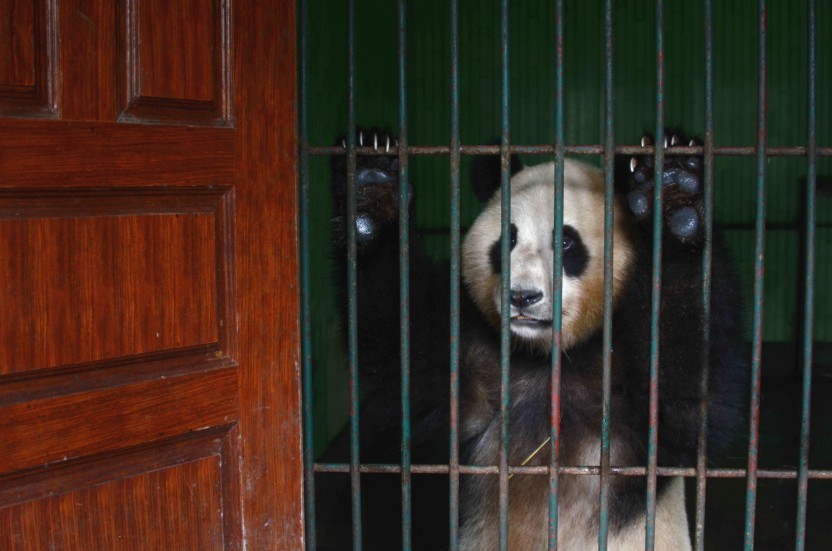 |
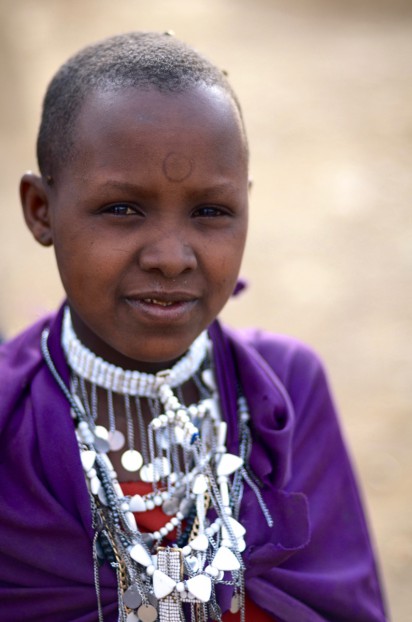 |
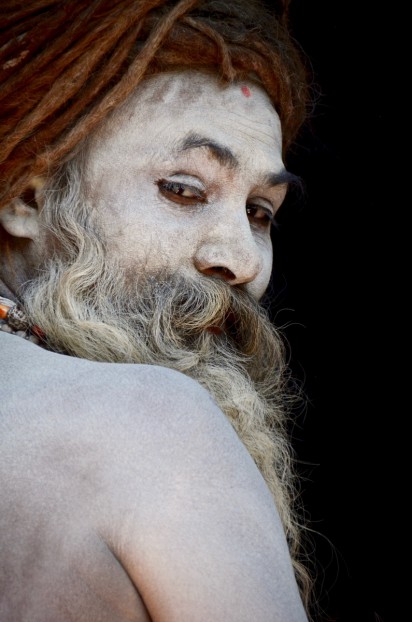 |
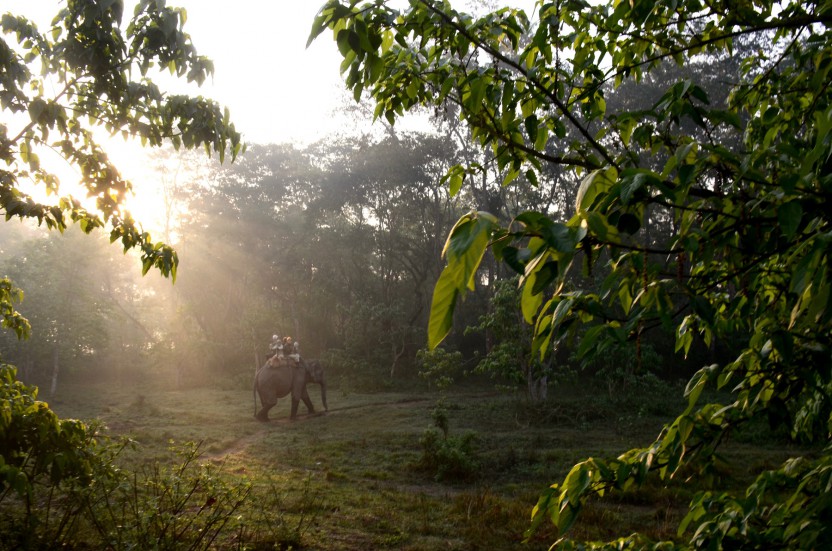 |
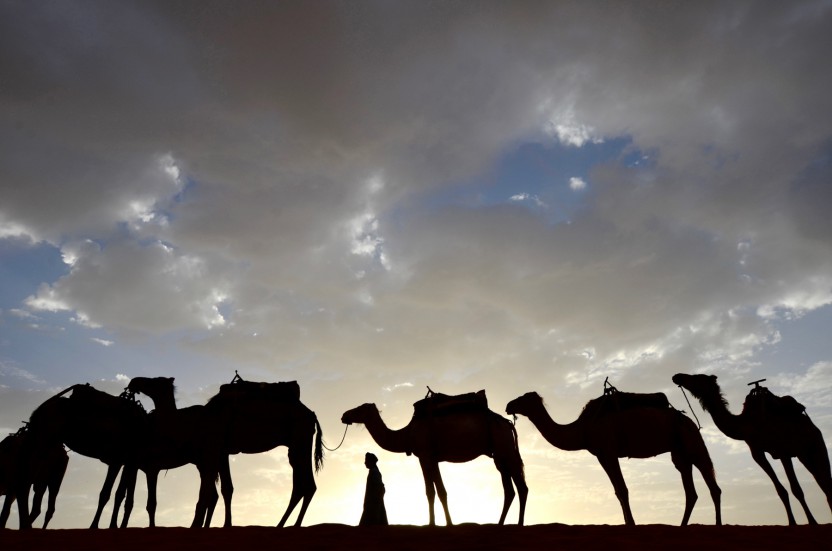 |
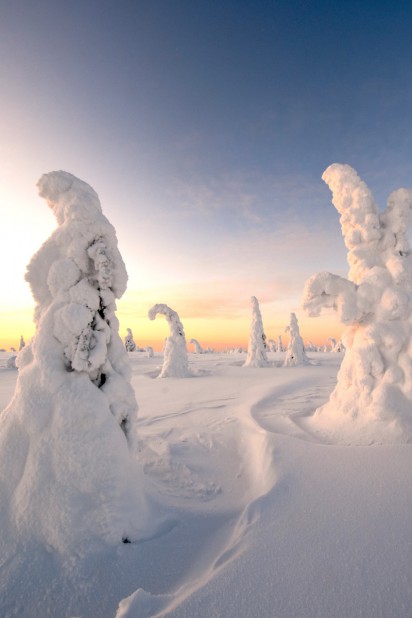 |
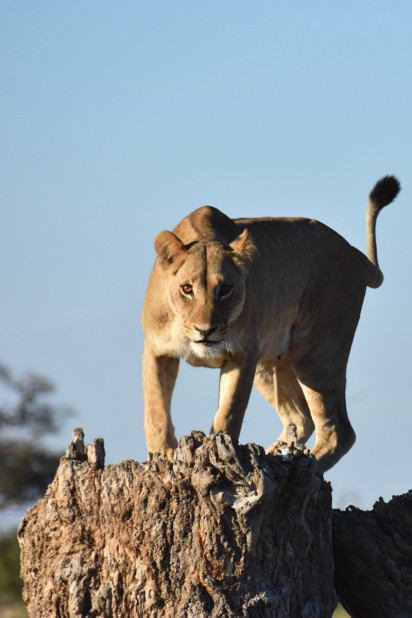 |
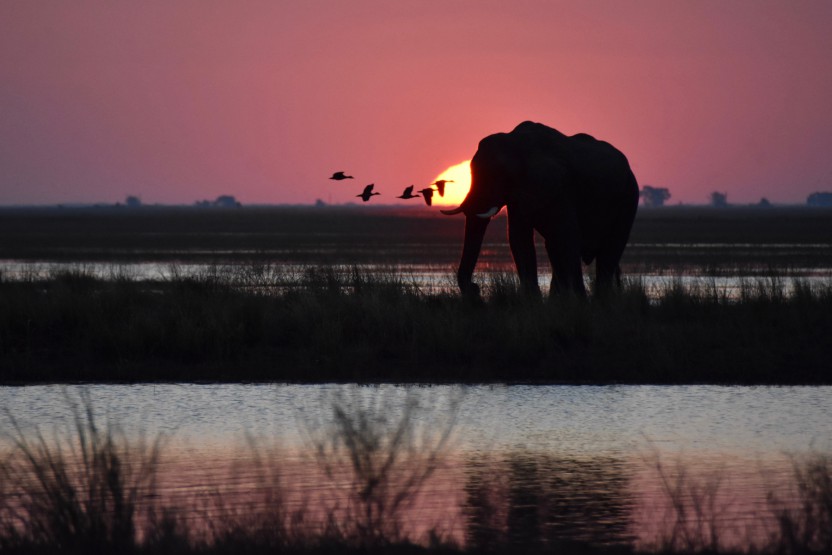 |
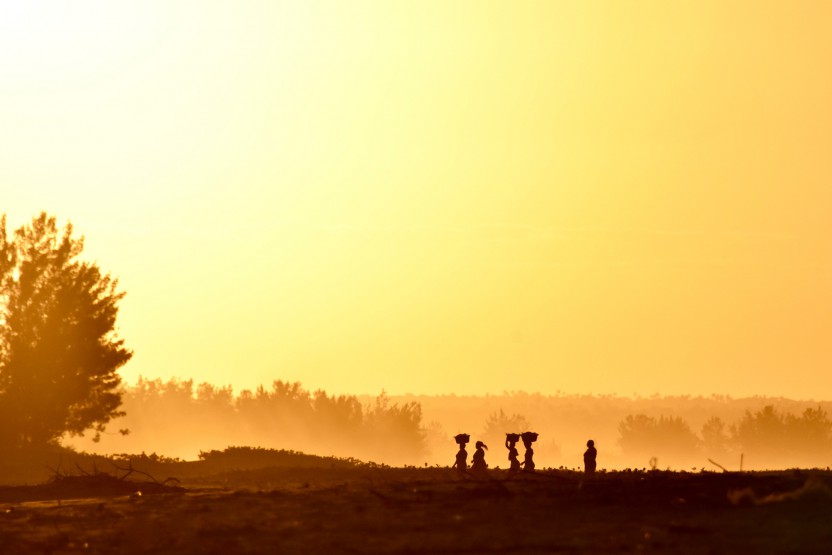 |
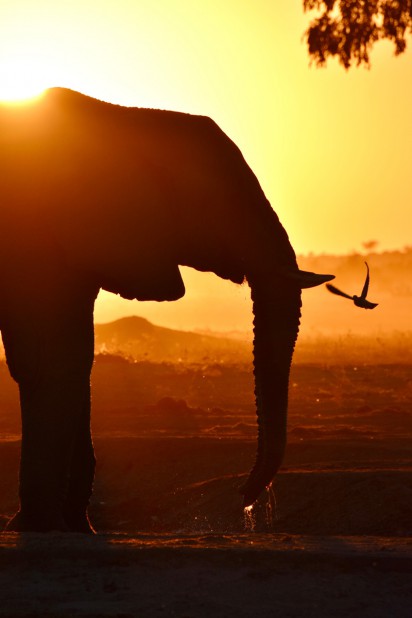 |
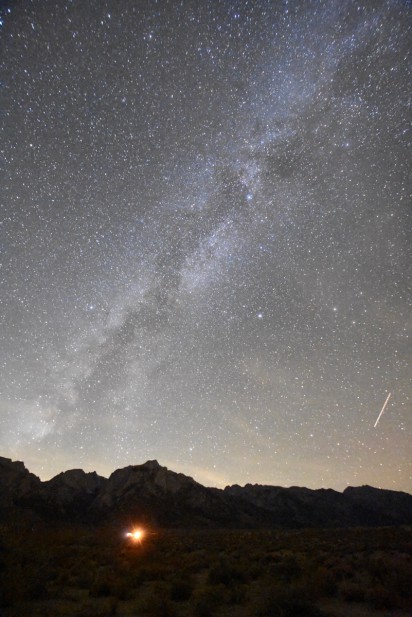 |
|
5. What was your ‘AH-HA’ moment? I remember it exactly. It was on that photography workshop I mentioned that I was apart of in Tanzania. There was one day when my group and I spent most of the afternoon hiking up to the top of this small mountain in a remote region where we had been camping. It took maybe five or six hours to get to the summit, and when we finally did, we sat in silence and looked out toward the savanna stretching from horizon to horizon with no roads, no towns, nothing for miles. There was one point when I started hearing elephants trumpeting from somewhere down below, but they were so far away and we were so high up that I couldn’t see where they were. But just hearing the sound, and how powerful it was, combined with the spectacular view of the stretching savanna, and the camera laying in my lap, was truly magical. But more specifically, it was the moment when I really thought that this was what I had to do for the rest of my life: travel the world, and capture its wild places.
6. You’ve accepted a job that requires you to move to Africa. How did this happen? I always knew a move to Africa was somewhere on my trajectory. Despite traveling to over 70 countries at this point, I’m constantly pulled back to the culture, the wildlife, the people, and the landscapes of East and Southern Africa. As I started to wrap up my life in San Francisco this year, I began seriously laying the groundwork for my move, and will be launching into a series of stories and projects once I land on the continent. My ultimate hope, of course, is to create something that brings about lasting positive change. Which I admit is corny to say. But now that I can dedicate myself to my work, and really |
immerse myself in an incredibly dynamic and interesting part of the world, I can start to make serious strides in what I set out to do. As for my fears… I guess my biggest worry is how hot it’s going to be in Mozambique in January!
7. Describe the process of getting prepared for shoots? What is the emotional process you go through? Before going on assignment, I actually try to eliminate or tone-down any emotions or opinions I may have toward the subject at hand. Even if it’s a subject matter I’m particularly passionate about, the best way to go into an assignment is to stay open-minded and dedicated to telling the story as it’s unfolding, without projecting myself or my own emotions into it (which can, inevitably, affect the quality of my work). Instead, I really meditate on the fact that it’s a very special thing to be given any time, no matter how brief, to be let into someone’s life, work, or space, or into a certain environment, and document it. I hold myself to a high standard because I want to do the story justice, and to tell it how it is, not how I see it. It’s a privilege to do what I do, and I take that responsibility seriously
8. Who are your life heroes? My mom, without question. Despite being a single mother trying to make ends meet all while raising three kids, including my disabled sister, she gave us the best childhood possible. Her resilience and determination has, without a doubt, been one of the biggest influences and inspirations in my life. I can only hope to be half the woman she is someday. |
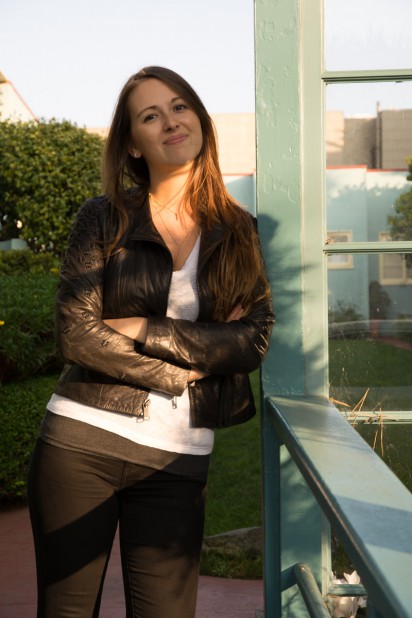 |
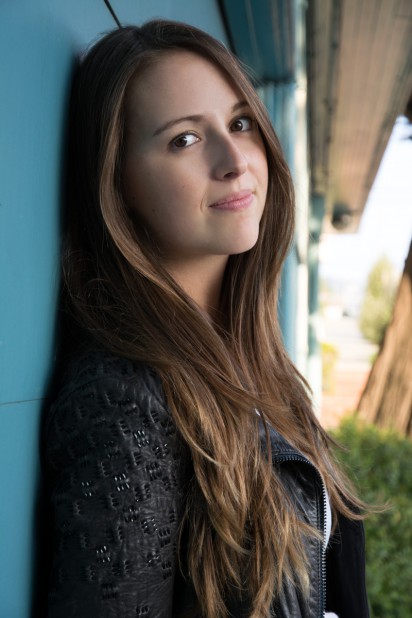 |
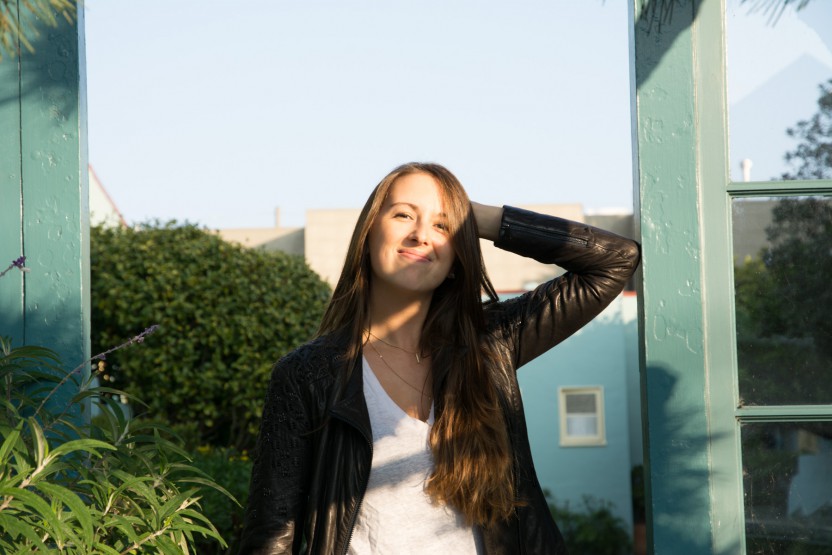 |
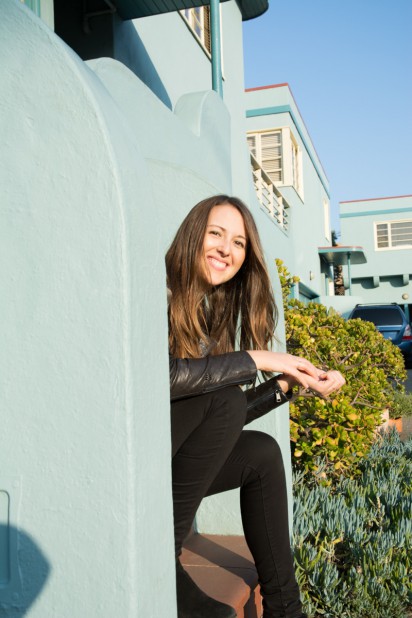 |
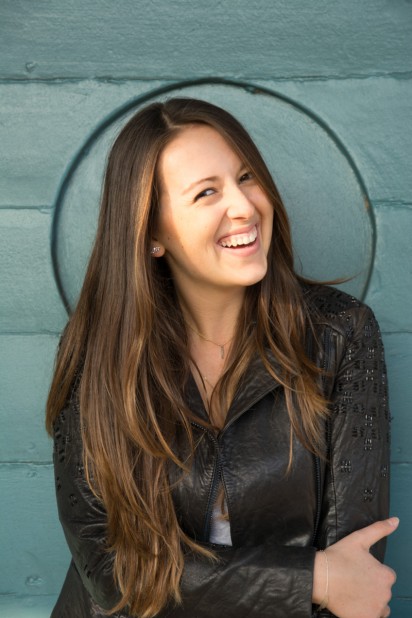 |
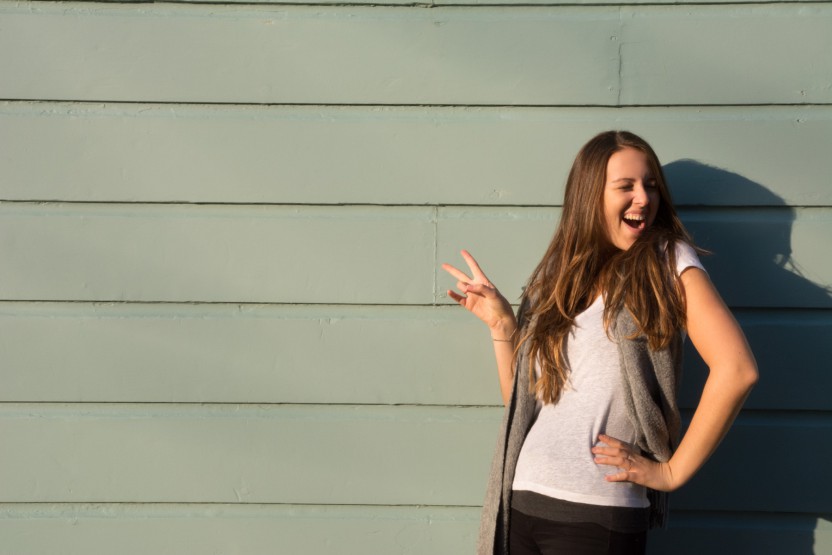 |
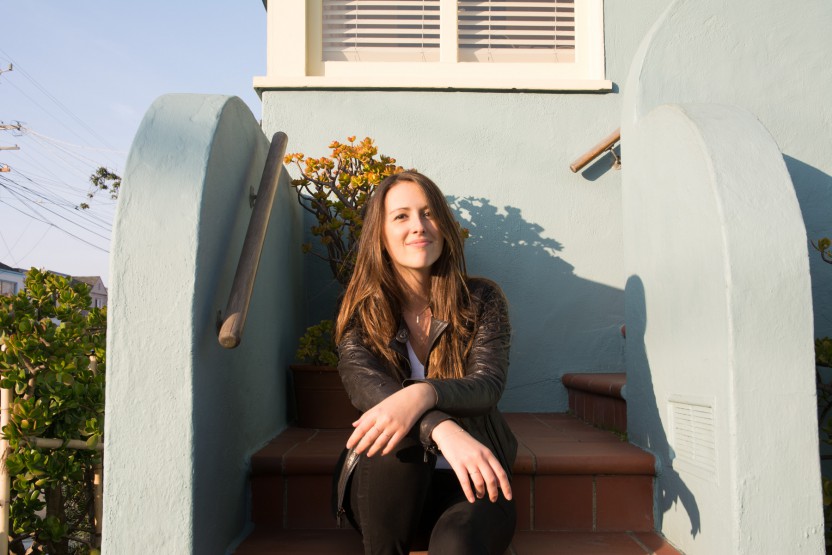 |
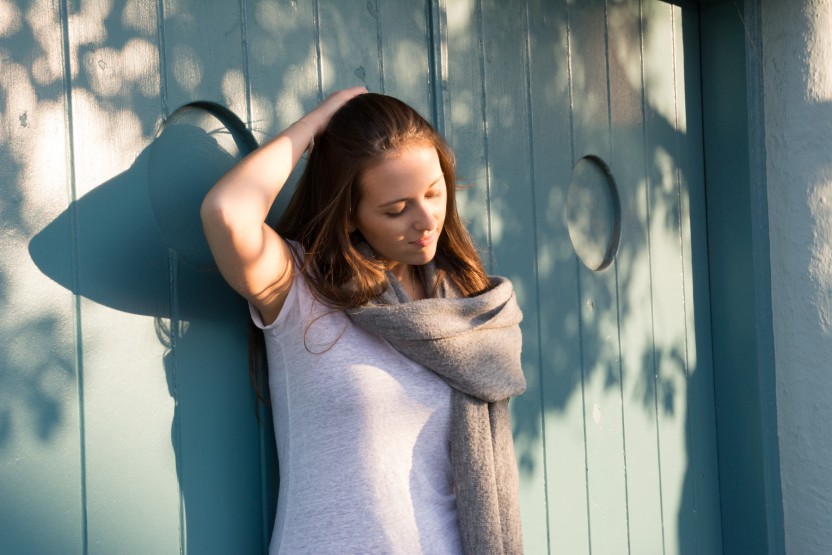 |
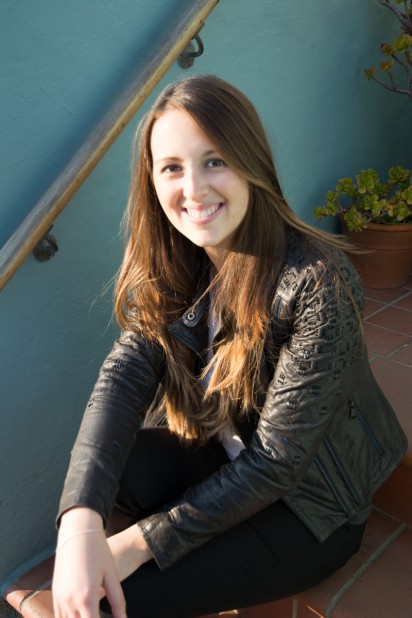 |
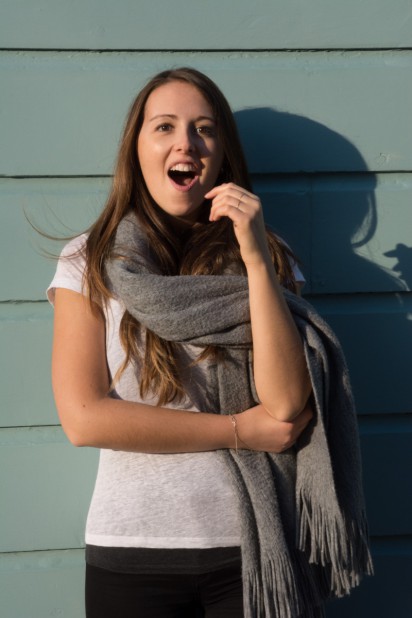 |
|
9. With all that is going on in the world today- what are the things that you hold tightly to move you forward? I think this ties into what I said before. It’s hard to only focus on one topic without seeing how closely it’s tied to another. I think that’s why I’ve always been drawn to issues surrounding environment and wildlife conservation, because I see the ripple effect these stories can have, and how far they can reach. Yes, on a deeply personal level, I want to protect the voiceless by using my work as a photojournalist to advocate for the preservation of wildlife and the natural world. But I also hope that just as these issues have negative ripple effects, my work itself can have positive ripple effects, and bring about change in places I can’t foresee. That’s what’s most important to me.
10. What advice do you have for those who are beginning their careers? Don’t listen to the cynicism. If I had listened to everyone who told me that working as a photojournalist — especially on another continent — was futile and impossible, I would have given up years ago. Instead, |
choose to be relentless as you follow your passion. Practice your medium constantly. Attend workshops and conferences. Network and gainconnections and nourish them (you never know when someone may come to help you down the road). Understand that the road is going to be long and probably have a ton of setbacks and diverges. I always think about a quote I read once that says, “Be stubborn about your goals, and flexible about your methods.” I think it holds true here. I’ve seen so many incredible photographers give up because the dream seems too unattainable, but I’ve always thought, someone has to do it. Why not me?
11. What’s next for Tate Drucker? Next is a one-way ticket bound for Mozambique. It’s been a dream of mine since I was 15-years-old, so it’s pretty exciting, and pretty surreal, that it’s finally happening. People keep asking how long I’m going to be over there, but the answer is that’s indefinite. I just know that this is something I’m not going to back out of or shy away from until I achieve what I’m setting out do. We’ll see where that road goes. |
